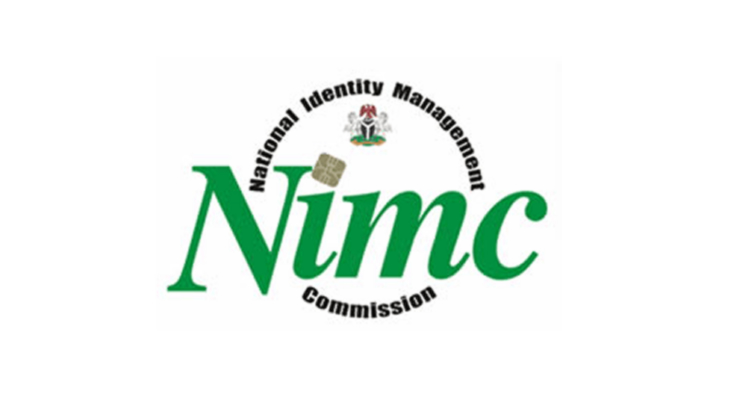The National Identity Management Commission (NIMC) has categorically refuted allegations made by the Police Service Commission (PSC) regarding restricted access to its verification services. The PSC chairman, retired Deputy Inspector-General of Police Hashimu Argungu, had publicly voiced concerns about the commission’s purported inability to access the NIMC database, claiming it hampered their efforts to verify applicants’ identities for the upcoming 2025 police recruitment exercise. Argungu’s statement, made during a visit to the Nigeria Data Protection Commission (NDPC), painted a picture of an ongoing struggle to access crucial information necessary for fulfilling the PSC’s mandate. However, NIMC swiftly countered these claims, asserting that its verification platforms remain fully functional and accessible to all partners, including security agencies, without exception.
NIMC emphasized its long-standing provision of uninterrupted verification services to both the Nigeria Police Force (NPF) and the PSC, spanning over five years. The commission underscored its consistent support for police recruitment exercises, highlighting the absence of any prior complaints from either the NPF or the PSC regarding NIN verification. This history of seamless service delivery further strengthens NIMC’s refutation of the PSC’s claims. Furthermore, NIMC pointed to the NPF’s own internal ICT department, which manages the integration and verification services between the commission and all police formations, suggesting that any disruption experienced by the PSC likely stemmed from internal technical or procedural issues rather than a systemic problem with NIMC’s services.
To further solidify its stance, NIMC detailed its recent efforts to standardize the service framework for security agencies. This restructuring, conducted in consultation with the Office of the National Security Adviser (ONSA), aimed to optimize service delivery and ensure uniformity across all security agencies. This proactive measure reinforces NIMC’s commitment to providing robust and reliable identity verification services while maintaining national security protocols. The involvement of the ONSA also lends credibility to the process and underscores the importance of standardized procedures for sensitive information access. Furthermore, NIMC asserted that the NPF has confirmed the continued availability and operability of the verification services, further discrediting the PSC’s allegations.
The conflicting narratives presented by the PSC and NIMC highlight a potential disconnect in communication or understanding of the verification process. While the PSC chairman expressed frustration over access issues, NIMC maintains that its services remain functional and accessible. This discrepancy raises questions about the internal processes within the PSC and whether there might be a misunderstanding regarding the established protocols for accessing NIMC’s database. The public nature of this disagreement necessitates a thorough investigation to clarify the root cause of the perceived access problems and to ensure that both agencies are operating with the same understanding of the established procedures.
NIMC’s firm rebuttal, coupled with its detailed explanation of the service framework and the confirmation from the NPF, casts doubt on the PSC’s claims of access denial. The commission’s proactive approach to standardizing services and its consistent engagement with security agencies, including the ONSA, demonstrates a commitment to providing reliable and secure identity verification services. The contrasting statements from the two agencies underscore the need for clear communication and a shared understanding of the operational procedures to avoid future misunderstandings and ensure the smooth execution of crucial processes like police recruitment.
The incident also brings to light the importance of inter-agency communication and cooperation. Effective collaboration between government agencies is crucial, especially when dealing with sensitive information and processes like identity verification for security personnel. A breakdown in communication can lead to inefficiencies, delays, and potentially compromise national security. Therefore, it is imperative for both the PSC and NIMC to engage in constructive dialogue to resolve the current impasse and establish a more robust communication framework for future collaboration. A transparent and accountable system for accessing and utilizing such sensitive information will not only facilitate the smooth functioning of both agencies but also enhance public trust in the government’s ability to manage and protect personal data.


